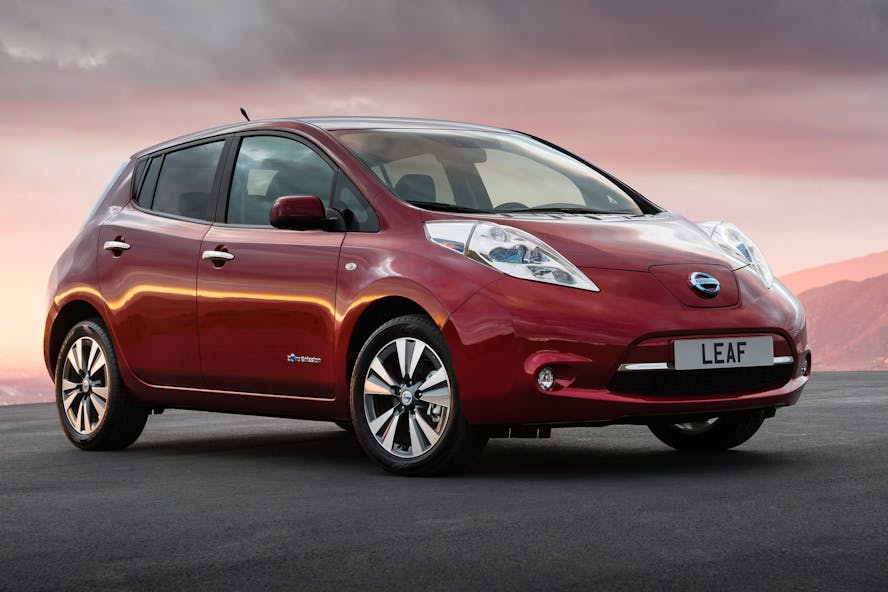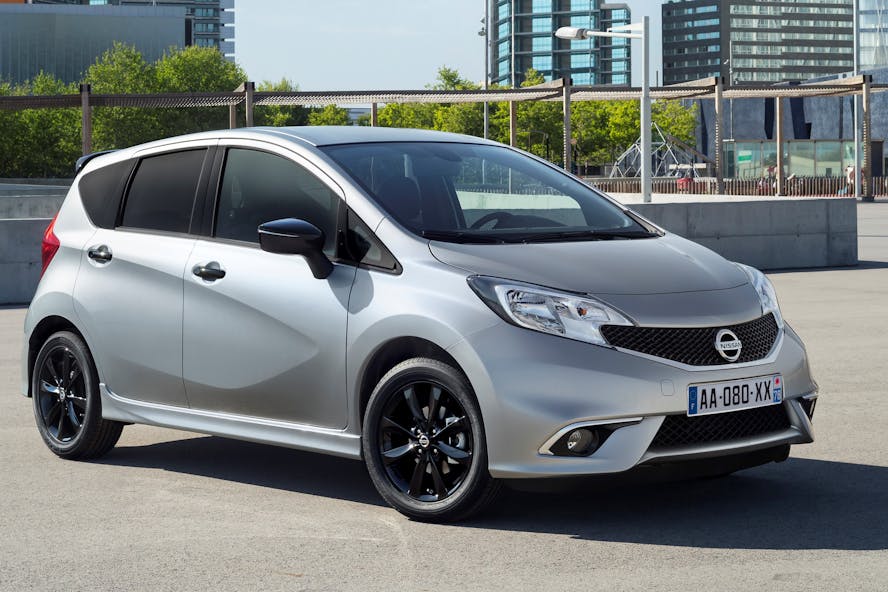Electric car versus diesel car
Let's compare two similar types of car to see how the costs stack up
We're busy working away on a new comparison for 2022, check back soon for new figures
Example vehicle cost comparison of pure electric (EV) option, figures based on annual mileage of 10,000 miles.


Nissan Note (2013 – 2016) 1.5 dCi Tekna 5dr
OTR Price | £18k
Fuel | diesel
Official MPG | 80.7 mpg
Real MPG | 35.1 mpg
CO2 Emissions | 92 g/km
Annual VED | £140
Cost per 10,000 mile year | £843.43
Cost per year according to Real MPG | £1,036.96
Nissan Leaf (2011 – ) Acenta 24KW 5dr
OTR Price | £23,690
Fuel | Electric
Miles per kWh | 4.1
Range (NEDC) | 124 miles
Co2 emissions | zero
Annual VED | £0
Cost per 10k miles | £338.05
Example vehicle cost comparison figures based on annual mileage of 10,000 miles. Prices are based on the current average prices for:
Diesel £1.2487 /litre Petrol £1.2216 /litre Electric £0.1386 /kWh
Results including the congestion charge assume that the congestion charge is paid 230 days per year at the Auto Pay rate of £10.50
Nissan leaf has the lowest fuel cost
Initial extra cost |
Annual saving |
|---|---|
£5,690 |
£505 |
The Nissan leaf has the lowest cost if you factor in the London Congestion Charge
Initial extra cost |
Annual saving |
|---|---|
£5,690 |
£2,920 |